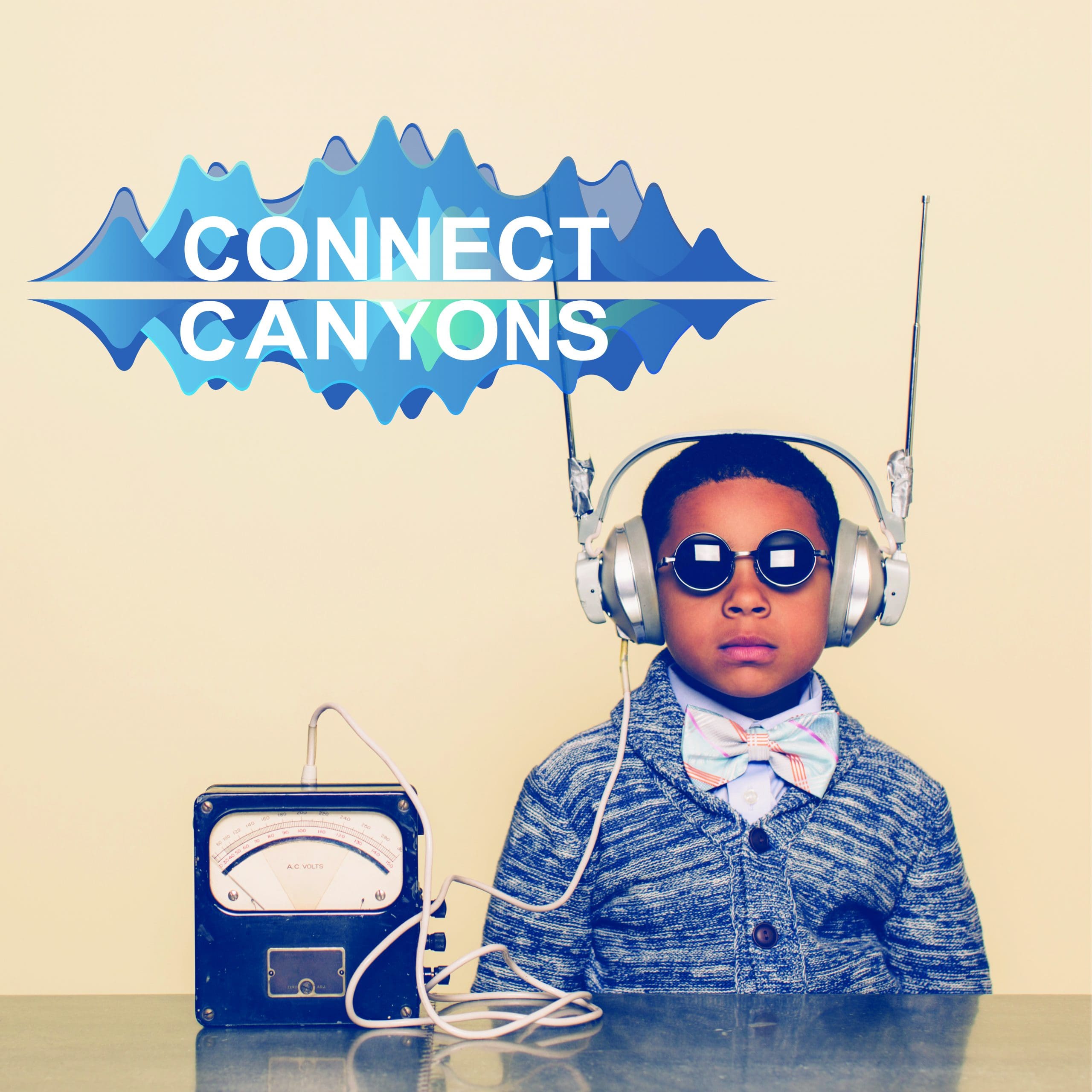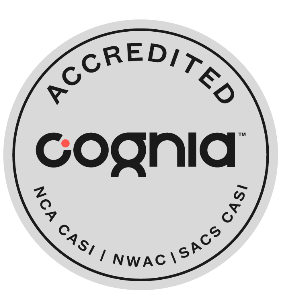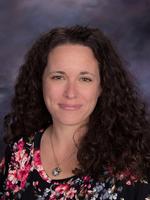It’s a topic we’d all like to avoid but an important discussion to have. How do we talk to our children about drugs? When do we start those conversations, and what can we do in the event of an overdose?
Prompted by Utah’s observance of National Overdose Awareness Day, the crew at Connect Canyons put these very questions to Jen Gerrard, Canyons District’s nursing specialist.
Gerrard, who has been instrumental in ensuring CSD schools have access to naloxone as part of their emergency overdose response toolkit, says parents should talk to their children early and often about drug use. Those discussions should be age-appropriate. But laying the groundwork early, even before children are likely to encounter alcohol and other drugs, allows parents to set clear rules and expectations.
“I think that it’s important to talk about all drugs,” Gerrard says, “talk about the vaporizers, talk about the fact that things are laced with other substances, that they may not know what it is.”
About 10 percent of 12-year-olds say they have tried alcohol, according to the U.S. Substance Abuse and Mental Health Services Administration (SAMHSA). Marijuana use is growing and about five in 10 children as young as 12 obtain prescription pain medicine for nonmedical purposes, SAMHSA reports.
Children who have strong, trusting relationships with their parents, which includes being able to talk openly and honestly about drug use, tend to make healthier decisions. Love your children and be involved in their lives, Gerrard says. “It’s about knowing what’s going on in their environment and with their friends and who they’re hanging out with and what they’re doing.”
Opioid abuse is something that gets a lot of attention, and for good reason. Drug poisoning is the leading cause of injury-related death in Utah — the main driver being access to prescription opioids.
Canyons has a stockpile of Narcan (naloxone) doses in each of its schools to rapidly reverse overdoses. Gerrard says in 2022 Canyons did not have to administer any Narcan but says the trends coming out of other states are alarming. “We know that Utah is always just a little bit behind some of the bigger states, and so it’s concerning to me to hear school districts in Texas having to administer a lot of Narcan,” Gerrard says, “and I feel like we’re just like, it’s headed our way.”
Fentanyl, specifically, has become a concern because it can be so lethal in small doses. Here in the United States, Gerrard says fentanyl comes from clinics and hospitals. Illicit forms are primarily coming in from Mexico and can be laced with other drugs. “They’re working with cartels,” Gerrard says, “They’re transporting chemicals in from overseas and they’re making fentanyl out of it, and then they’re putting that into a pill form.”
One of the new counterfeit pills are M30 pills, which Gerrard says would traditionally be an oxycodone but now dealers are selling it as only fentanyl. Gerrard points to a number of cases across Utah where people have been stopped with M30 pills, noting, “It’s right here surrounding us in Salt Lake Valley, and it’s only a matter of time before that’s in a lot of hands.”
Cartels are also lacing Adderall with fentanyl which Gerrard says is a concern considering the Adderall shortage here in the U.S. Some people even get their own antibiotics and medications from Mexico. “They’ve got somebody going to Mexico, ‘Hey, pick me up some Adderall while you’re there,’” Gerrard says. “Well, you don’t know what’s in it. And that, I think, is the most alarming thing.”
Gerrard recommends teaching children that prescriptions are not meant to be shared.
Fentanyl overdoses are the most common between the ages of 25 and 34. But with the mixing of different drugs, overdoses are something to look out for at any age. “There’s also THC vaporizers that are laced with fentanyl,” Gerrard says. “DAB is commonly laced with fentanyl, and those are drugs that kids access all the time, and that’s alarming because they don’t know what they’re getting.”
The good news is that schools have resources for families, including substance abuse prevention courses sponsored free of charge by the Canyons Family Center. If parents have questions or want to learn how to best administer Narcan, any school nurse will be able to help.
Know the Signs
Save a Life from Prescription Opioid Overdose
Unconsciousness: Most people who overdose will be unconscious
Not breathing or shallow breathing
Pinpoint pupils: By lifting someone’s eyelid you can see their pupil is small, like the point of a pen

Like What You Heard?
Check out Connect Canyons for more awesome interviews and discussions.






